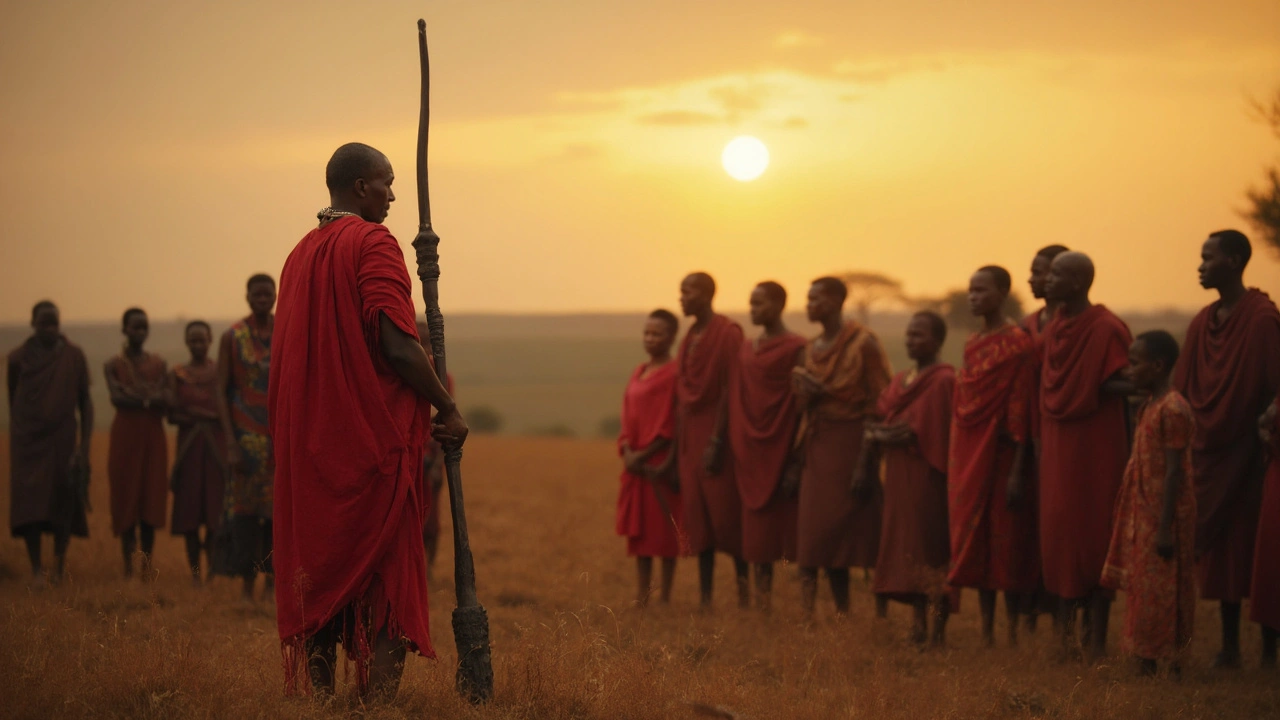African Rituals Massage: What It Is and Why It Works
Ever wonder why some people swear by African ritual massages? These practices blend movement, pressure, and cultural wisdom to ease tension and boost vitality. Unlike a typical spa session, an African ritual massage often involves rhythmic strokes, warm herbal oils, and sometimes chanting or drumming. The goal isn’t just relaxation; it’s to balance body, mind, and spirit the way ancestors intended.
Key Elements of African Ritual Massage
The first thing you’ll notice is the use of natural ingredients. Practitioners commonly heat local oils—like shea butter or baobab seed oil—to a comfortable temperature before applying them. The warmth helps muscles loosen faster and lets the skin absorb nutrients that support circulation.
Second, the techniques are rooted in community traditions. In many regions, massage is performed by elders who learned the art through generations of oral teaching. Movements may mimic animal gait or follow the flow of water, creating a rhythmic pattern that feels almost meditative. This rhythm can trigger your parasympathetic nervous system, lowering stress hormones without you even realizing it.
Third, sound plays a role. Light drumming or vocal chants are often part of the session. The low beats synchronize with your heartbeat, encouraging deeper breathing and more effective oxygen flow to muscles. Even if you’re skeptical about the chanting, studies show that rhythmic auditory stimuli can reduce perceived pain by up to 30%.
Health Benefits You Can Expect
People who try African ritual massages report several concrete benefits. Muscle soreness from workouts or long hours at a desk tends to fade faster because the deep‑tissue strokes improve blood flow and release lactic acid. Joint stiffness, especially in hips and shoulders, also becomes less noticeable after regular sessions.
Beyond physical relief, many experience better sleep. The combination of warm oil, rhythmic pressure, and soothing sounds helps lower cortisol levels, making it easier to drift off at night. If you struggle with insomnia, adding a weekly ritual massage could be a natural alternative to sleeping pills.
The mental side isn’t any less important. Because the practice emphasizes intention—often setting an affirmation or focusing on gratitude—you get a mini‑mindfulness session built into the treatment. This can improve mood and reduce anxiety, especially when you repeat the experience over weeks.
Finally, skin health gets a boost. The natural oils hydrate deeply, while the gentle exfoliation from hand movements removes dead cells. Users often notice softer, more radiant skin after just a few treatments.
If you’re curious about trying an African ritual massage, start by finding a certified practitioner who respects the cultural roots of the technique. Look for reviews that mention authentic herbs and proper hygiene. Many studios now offer a short intro session so you can feel the difference before committing to a full package.
Remember, the power of these rituals lies in consistency. A single 60‑minute session is great, but weekly visits amplify the benefits as your body adjusts to the rhythm and ingredients. Pair the massage with simple at‑home practices—like gentle stretching or drinking warm herbal tea—to keep the healing flow going.
So next time you’re hunting for a new way to unwind or recover, give African ritual massage a try. It’s more than a trend; it’s a centuries‑old approach that still has plenty to offer modern bodies and busy minds.
Rungu in African Rituals: Symbolism, Ceremonies, and Hidden Meanings
Explore how the rungu, a wooden club, shapes African rituals, symbolizes power, and carries cultural meaning. Uncover rare stories and traditions around its ceremonial use.

